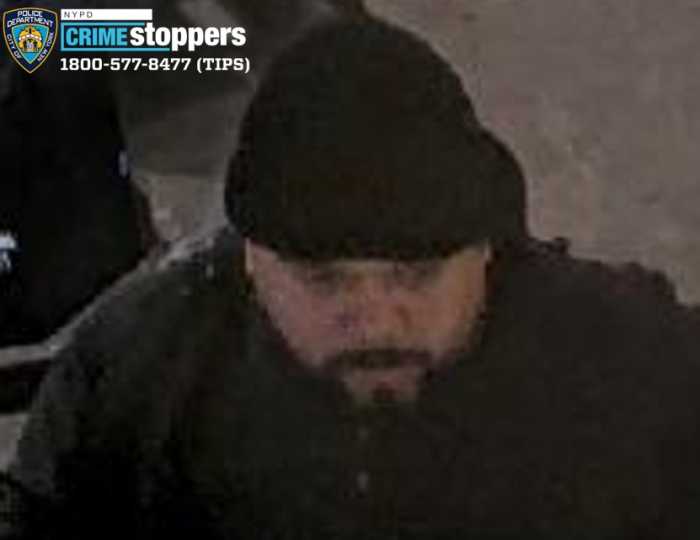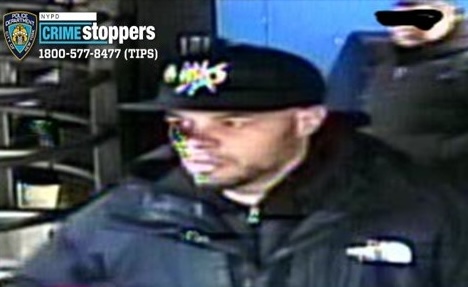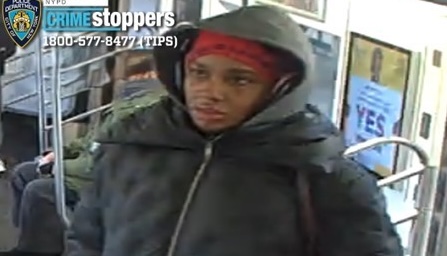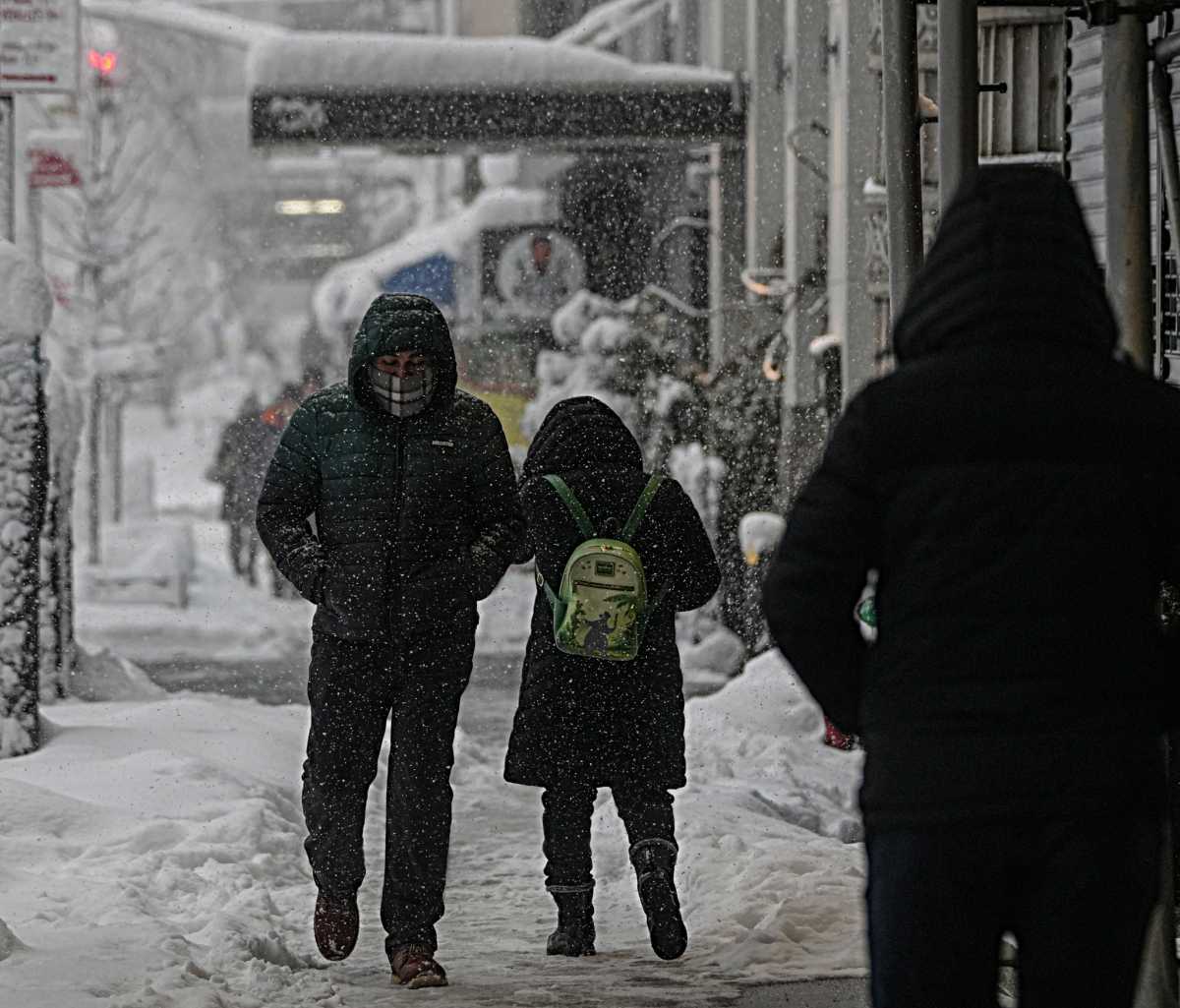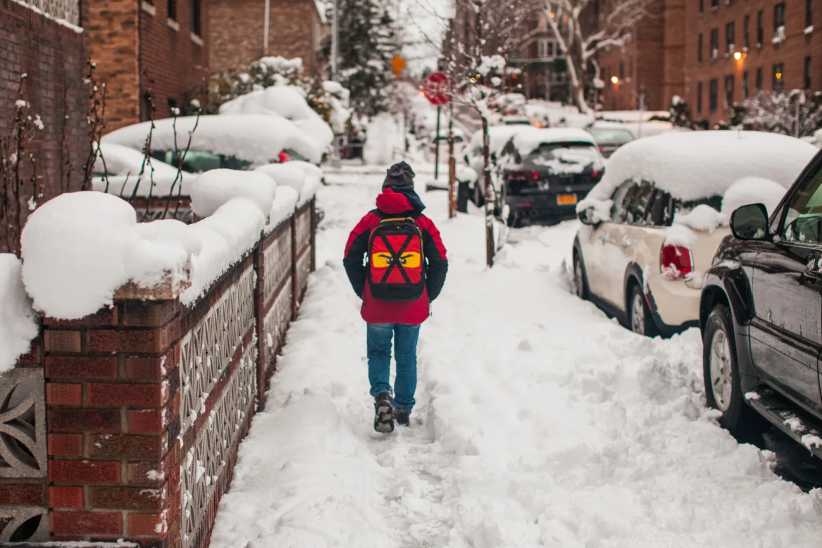When Mayor Michael Bloomberg arrived inside the Jackson Heights diner as part of a community town hall meeting, he received a warm reception from the crowd complete with a standing ovation, but outside the diner was a different story.
More than 20 local residents, predominantly from the Jackson Heights Western Alliance (JHWA) community group, lined the street outside the diner to protest what group co-founder Stan Mieses termed as Bloomberg’s “wanton disregard” for issues including pollution, congestion and overdevelopment that are affecting the community now.
Mieses claimed that members of the Bloomberg Administration rescinded invitations to his group for the town hall meeting because they were afraid of negative criticism, however, that claim Bloomberg staffers disputed those claims. Administration officials said that members of the JHWA asked as a precondition to the meeting for the mayor to create a task force in order to study the issues affecting the neighborhood.
“We have been open and continue to be open to meeting with the group to address their concerns in Jackson Heights, but forming a task force as a precondition for a meeting is like putting the cart before the horse,” said Matt Kelly, a spokesperson for Bloomberg.
After the brief protest outside the diner, Bloomberg as well as the commissioners and representatives from a multitude of city agencies, including New York Police Department Commissioner Raymond Kelly and Small Business Service Commissioner Robert Walsh, answered questions about a number of topics prevalent in the community.
Residents asked Bloomberg and his commissioners about questions regarding inadequate parking, unlicensed food vendors and a lack of small business service center close to the area.
Bloomberg touted crime being down in Queens as well as a strong economy as two of the major success, and he said that he would have his commissioners look into the concerns the residents addressed.
In addition, Bloomberg again pushed his congestion-pricing proposal saying it is something that the city just has to do in order to decrease congestion and raise money to increase mass transit service.

